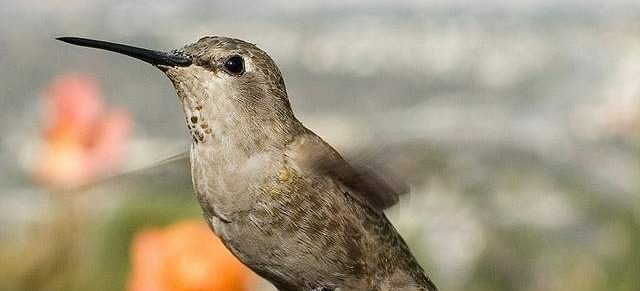Record number of exhibitors in Monterey County Science Fair
The Salinas Californian, March 2013A record number of local high school and middle school students will present their scientific side this weekend during the 2013 Monterey County Science and Engineering Fair.





